Brand Phoenix has arguably led and shown the way for a number of UK wine importers in how it has worked hard over the last 25 years to build long-standing relationships with key producers in all the countries it works in. This consistent collaboration has allowed it to secure reliable fruit, year after year, for its retail and on-trade partners.
The company’s first decade was based on the success it had building up brands for a number of major agencies including Castel, Trapiche, and Château de Berne, while also developing its own southern French Rosé brand, Oriel. It set the foundations for Brand Phoenix to evolve from a traditional wine importer model to a brand-driven business.
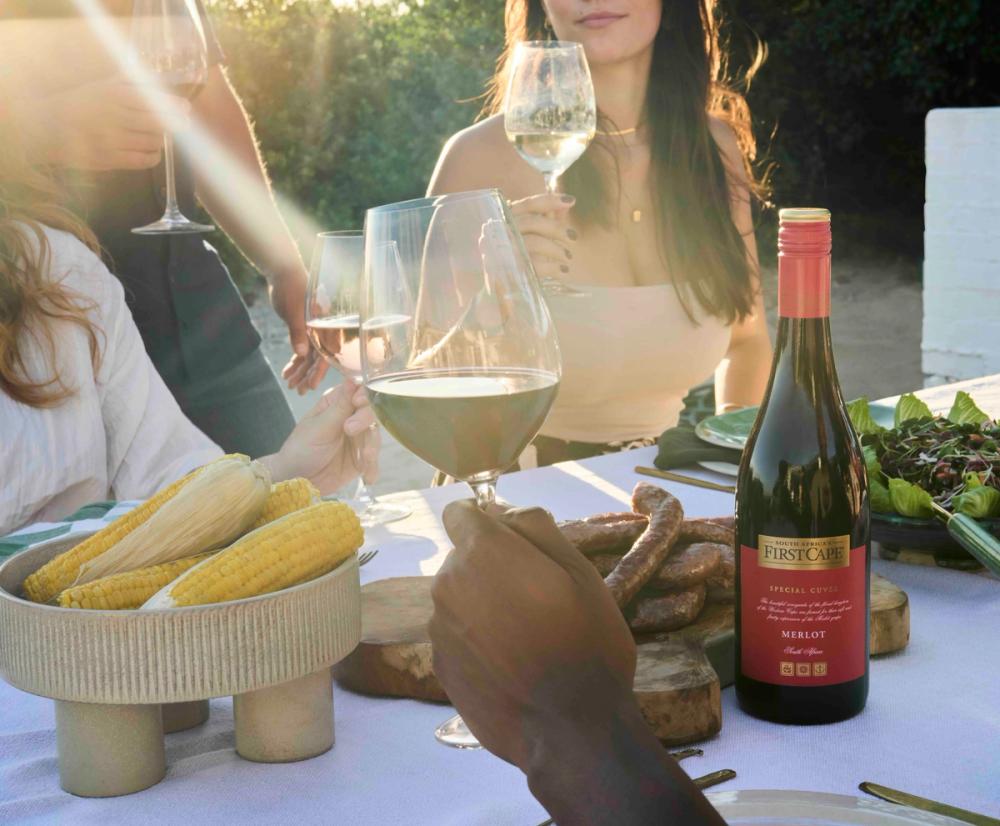
Brand Phoenix first brought First Cape to the market in 2001 and it has long been the biggest selling South African brand in UK multiple retail
It was then that Brand Phoenix turned its attention to South Africa and the launch in 2001 of First Cape, which has gone on to be the largest South African wine brand in the UK - an achievement that has made the business synonymous with South Africa.
Crucial to the success of First Cape was the decision by the Brand Phoenix team to not just sign exclusive long term contracts with four major South African co-operatives but make them shareholders in the business and therefore guarantee the supply of grapes from over 150 farms across the Breede River Valley.
“Having the farmers on board is a model that works really well. It means they have skin in the game. They are part of it,” says Brand Phoenix co-founder, Steve Rosser.
All these years later and First Cape is still the number one South African wine brand in UK multiple retail, selling over 4 million bottles a year.
Big leap forward
Its success with South African wine has now seen Leopard's Leap, one of the country’s biggest and most important brands, sign up Brand Phoenix to manage its UK distribution and revive the brand in a market it used to dominate. It hopes Brand Phoenix’s knowledge and invaluable retail contacts in the UK will help it re-establish its market position as one of South Africa’s most successful, renowned and loved wine brands.
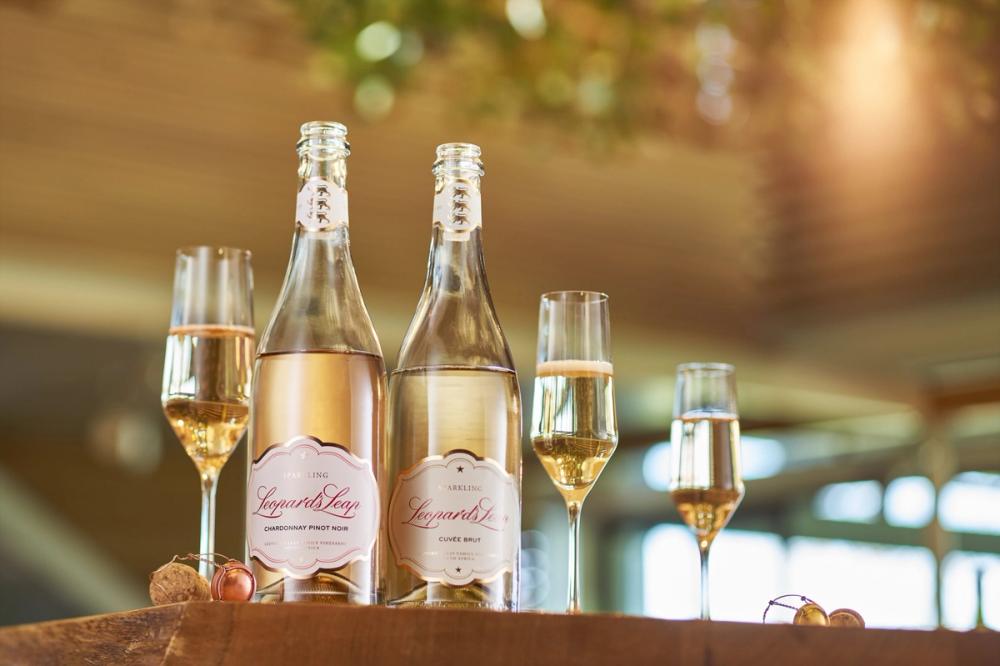
Brand Phoenix has now signed an exclusive distributiion deal in the UK for the Leapord's Leap South African brand
Which is very much what its founder and still winemaker owner, Hein Koegelenberg, wanted to create when he first launched and introduced the Leopard’s Leap brand into the market at the turn of the century. It is now distributed, often with its own dedicated in-market teams, in over 40 countries.
Its position, though, in the UK has wavered in recent years which is why the team have turned to Greg Wilkins, Rosser and Brand Phoenix to try and revive its fortunes in what was one of its most important export markets.
They are both excited by the potential that Leopard’s Leap still has as a brand in its own right. It’s a “compelling, easy to understand brand,” says Wilkins and it has quickly built listings in a number of major multiples including Morrisons and Tesco.
Leopard’s Leap will also help Brand Phoenix build some “branded structure” around its own First Cape brand, adds Wilkins, which is positioned at the commercial, entry level end of the market priced around £6.50 to £7.50. Leopard’s Leap now gives them a foot in the door at the next retail pricing level up at around £8.50.
It is also now looking to push into the £10 and above pricing level with a partnership with South African producer, Yardstick Wines and winemaker Adam Mason.
It fits nicely into Brand Phoenix’s strategy to have a “stable of long-term brands” that it can go and talk to its retail partners about.
“Brands that consumers like and know,” says Wilkins, which is why it places a lot of emphasis on creating labels and designs that are “colourful and impactful, and easy for consumers to recognise”.
“That why First Cape is still in growth,” he adds. “If you want to establish brands in any category you have got to invest in the branding and increasingly in social media.”
To help it do that effectively as possible Brand Phoenix works with social media agencies and has recently signed up Cube Communications to handle its trade and consumer PR in the UK.
Trade expertise
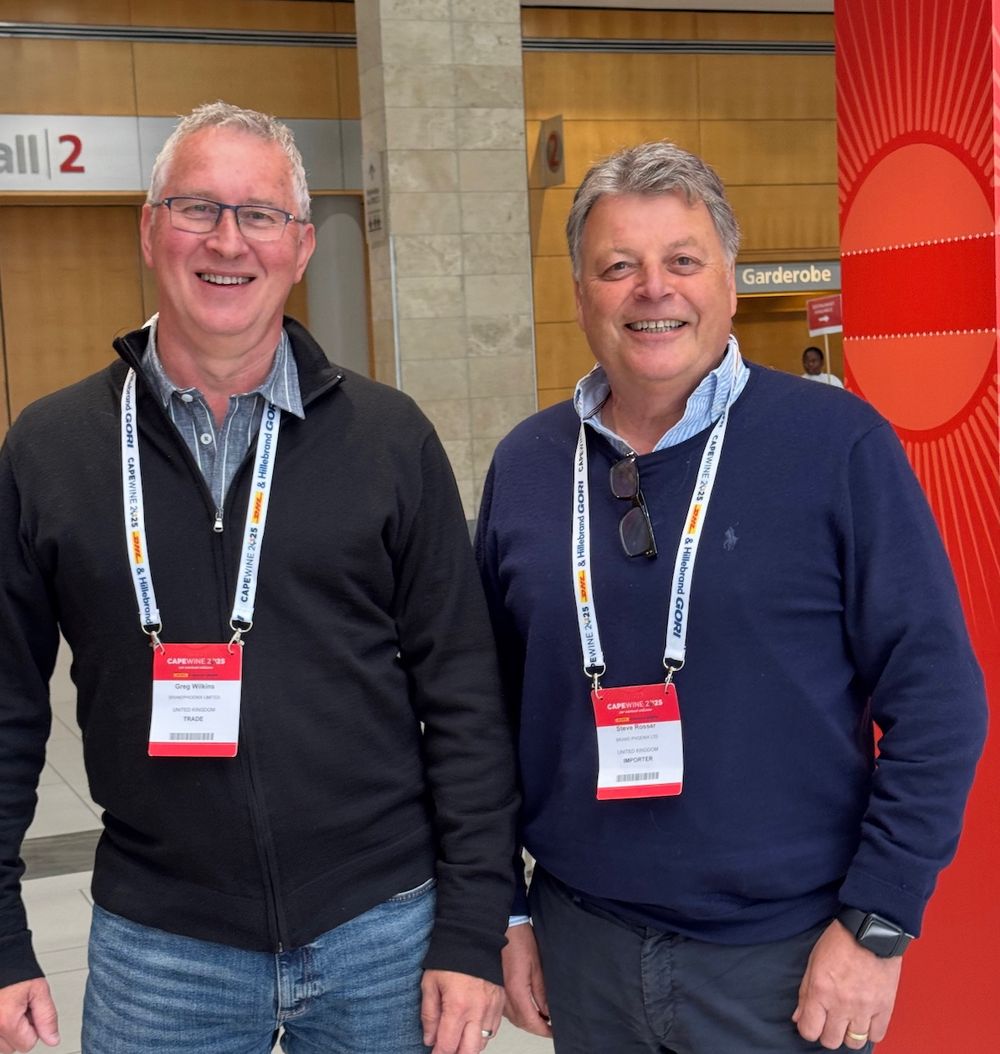
Greg Wilkins and Steve Rosser at this September's Cape Wine trade show in Cape Town
Wilkins and Rosser say it takes time, patience and a commitment to build the right relationships and find the right producers to work with.
“Get it right and it is a winning formula”, says Wilkins. “Particularly when working in the multiple retail arena where retailers are looking for focused, strong suppliers and producers to work with.”
“We focus only on the partners we have in the countries we work in,” says Rosser.
It’s the same strategy for the producers it works with in France (Castel, Joseph Castan, Terres de Mistral gin) and New Zealand (Cornucopia Wines).
Today, Brand Phoenix counts 10 brands within its portfolio, including premium New Zealand brands, The Insider and Dry Lake, and Yardstick and a premium South African brand, Barcelona Brands. It has also built an impressive portfolio of rosé wines from around the world.
Retailers are ultimately looking for true partners who can find the solutions they want or come to them with fresh ideas, says Wilkins. That’s what they have prided themselves on at Brand Phoenix and the fact that Leopard's Leap has come forward as a new opportunity is testimony to the hard work put in over the years.
McWilliam’s opportunity
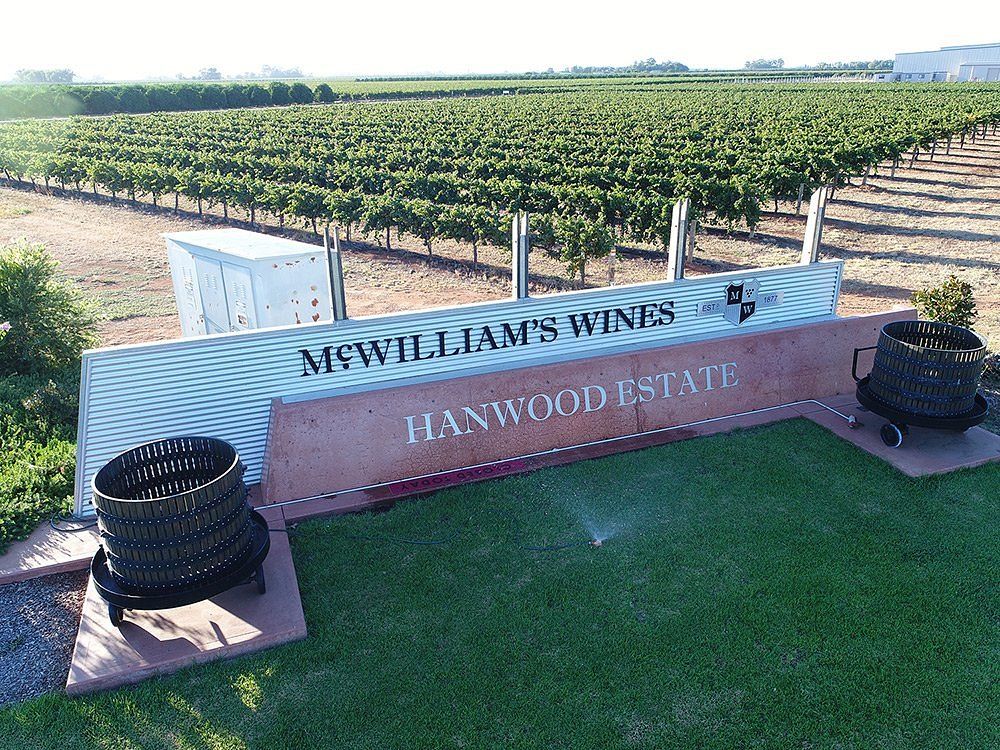
Brand Phoenix is excited about the opportunity to revive and relaunch Australia's McWilliam's wines into the UK
Leopard’s Leap is not the only major international wine producer looking to tap into Brand Phoenix’s market expertise. McWilliam's, one of Australia’s most famous wine brands came knocking on its door earlier in the year to help it re-build its position in the UK, a move that now sees Brand Phoenix looking after its JJ McWilliam’s, the McWiliam’s Heritage Collection and Single Vineyard wines.
It believes there is an opportunity to shine a new light on the Australian branded wine category.
“To get back to what Australia should be doing and that’s offering consumers good value for money wines from quality producers. It’s a great opportunity to work with a brand that, like Leopard’s Leap, has an existing strong consumer brand awareness,” says Wilkins.
This is a chance, equally, for McWilliam’s to work with a business that has a long-standing record of delivering branded wine success in the fiercely competitive UK market.
“We have got a track record of success. We are proven in the market,” stresses Wilkins. “If you stick to your basic principles it allows you to bring exciting ideas to the table.”
Which is why Wilkins and Rosser are particularly careful about which brands and producers they work with.
“We say no to lot of potential projects if we don’t think the match is quite right. We know what we can and can’t do,” adds Wilkins. “We say no more often than we say yes.”
“We feel like Brand Phoenix is in its most exciting phase yet - even though we have been going for 25 years,” says Wilkins.
Consumer focus
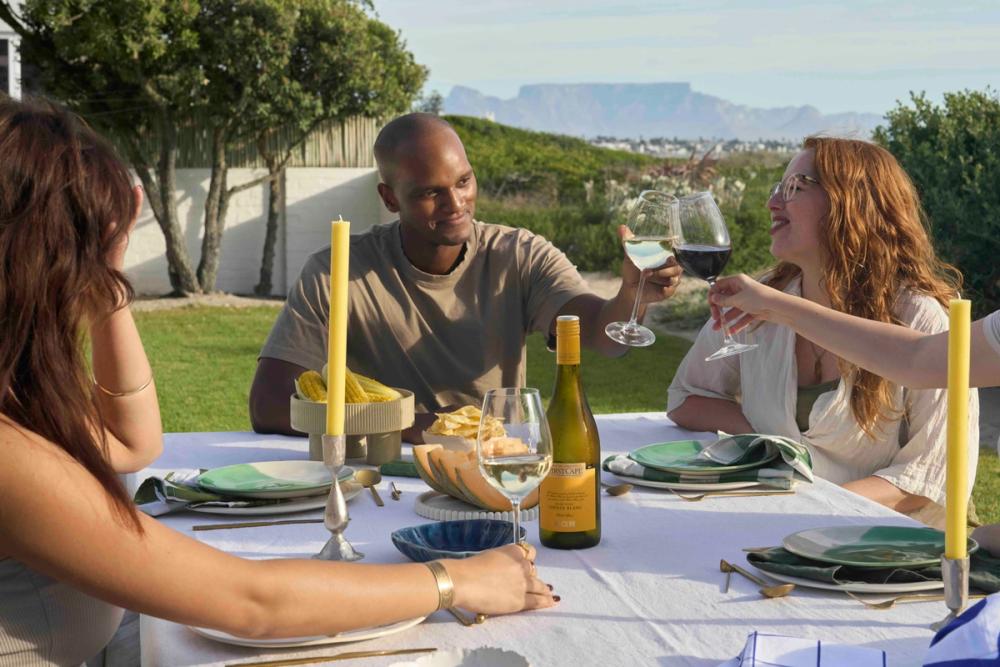
For Greg Wilkins and Steve Rosser it all starts with the consumer and really understanding what wines they want to drink
A key factor in the reason Brand Phoenix and the services it provides are arguably even more relevant and in demand today is the fact it has always analysed and followed consumer trends.
“We’re always looking for the next big thing,” says Rosser. “What are consumers going to be spending their money on next. We have kept that youthful exuberance. We are always looking out for the next new opportunity and what the trends are.”
He adds: “It all starts with the consumer. All the data we look at is consumer data. That is why we started the company in the first place. Supermarket buyers are looking for solutions. We see ourselves as a solution-based business.”
It is, for example, excited about the potential “head room” there is in the UK to develop strong rosé brands from South Africa and why it is excited to be bringing a First Cape rosé wine to the market and “looking at bringing others as well”.
It is particularly interesting, for example, to talk to Wilkins and Rosser about the big rise in lower alcohol wines, particularly those brands and own label lines that are looking to get round the increased duty charges with wines between 8% to 11% ABV.
For Brand Phoenix was one of the first suppliers to really get behind lower alcohol wines when it introduced the First Cape Café Collection in 2007, a range positioned at 10% ABV. It followed this up in 2010 with the launch of a range of 5.5% ABV wines, eventually ending up with up to 30 lower alcohol wines in its range. But the sales never matched the ambition and four years later it cut back the range to only a handful of products.
This is why it is not going down the same route again now that lower ABVs are even more advantageous with the ABV-driven duty regime.
Rosser believes the market reacted far too quickly by introducing so many lower alcohol wines with no clear messaging to consumers about what these wines are.
“They were trying to pull the wool over their eyes. The consumer knows what they are getting and it has made them nervous. They can taste the difference.”
The opportunity lies not in lower alcohol wines but getting the quality right for 0% ABV wines, believes Rosser.
Close to the market
Brand Phoenix might work with some of the biggest wine brands in the wine industry, but it has never felt the need to build itself up into a big business of its own. It does what it does with a limited team of only six. It believes it can deliver the best value for its customers by keeping its overheads small - and by staying extremely close to the market and what its customers are looking for, which is why, despite the tough market conditions it remains positive and excited about both the near and long term future.
“Despite all the pressures the industry is full of positive people. We have got 25 years of experience to share,” says Wilkins.






























